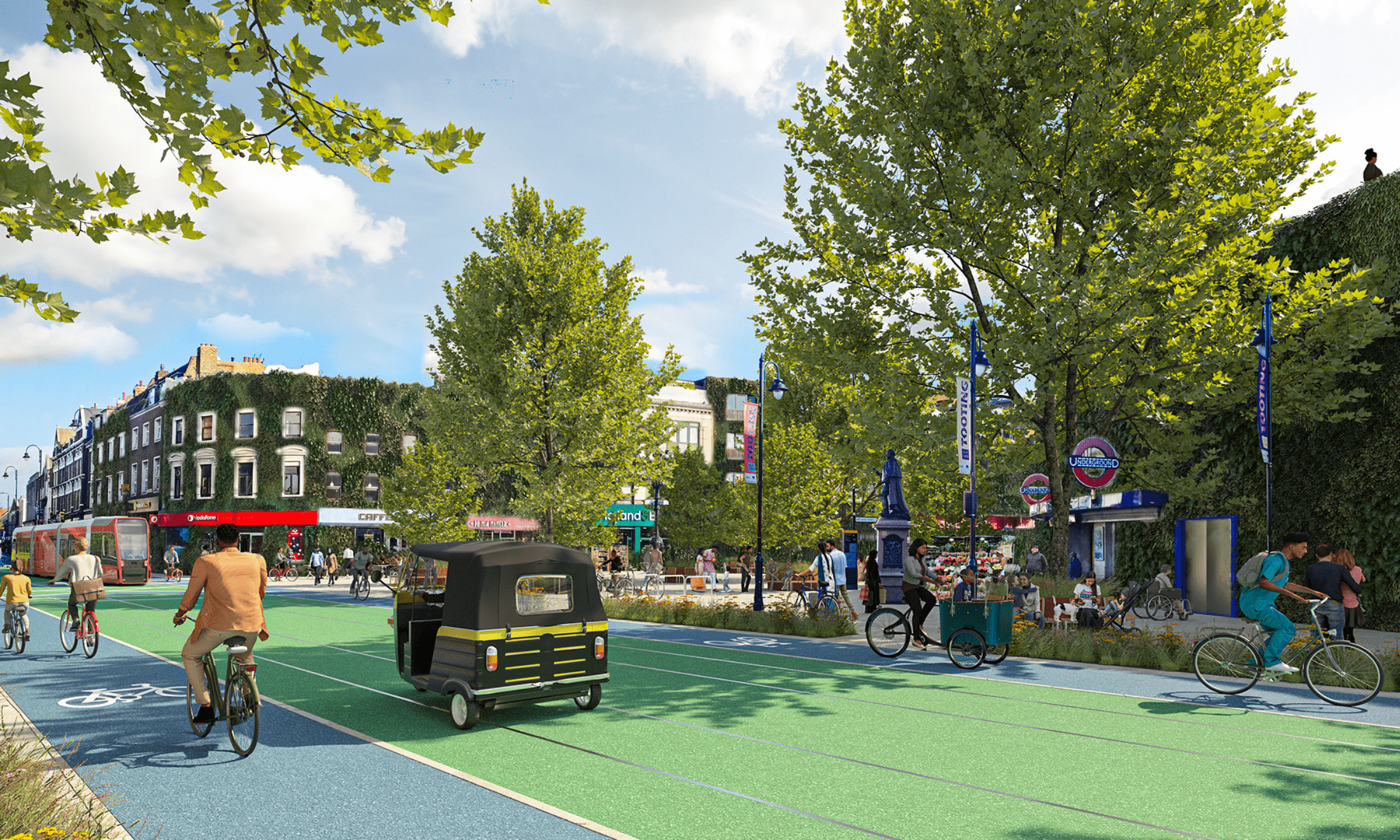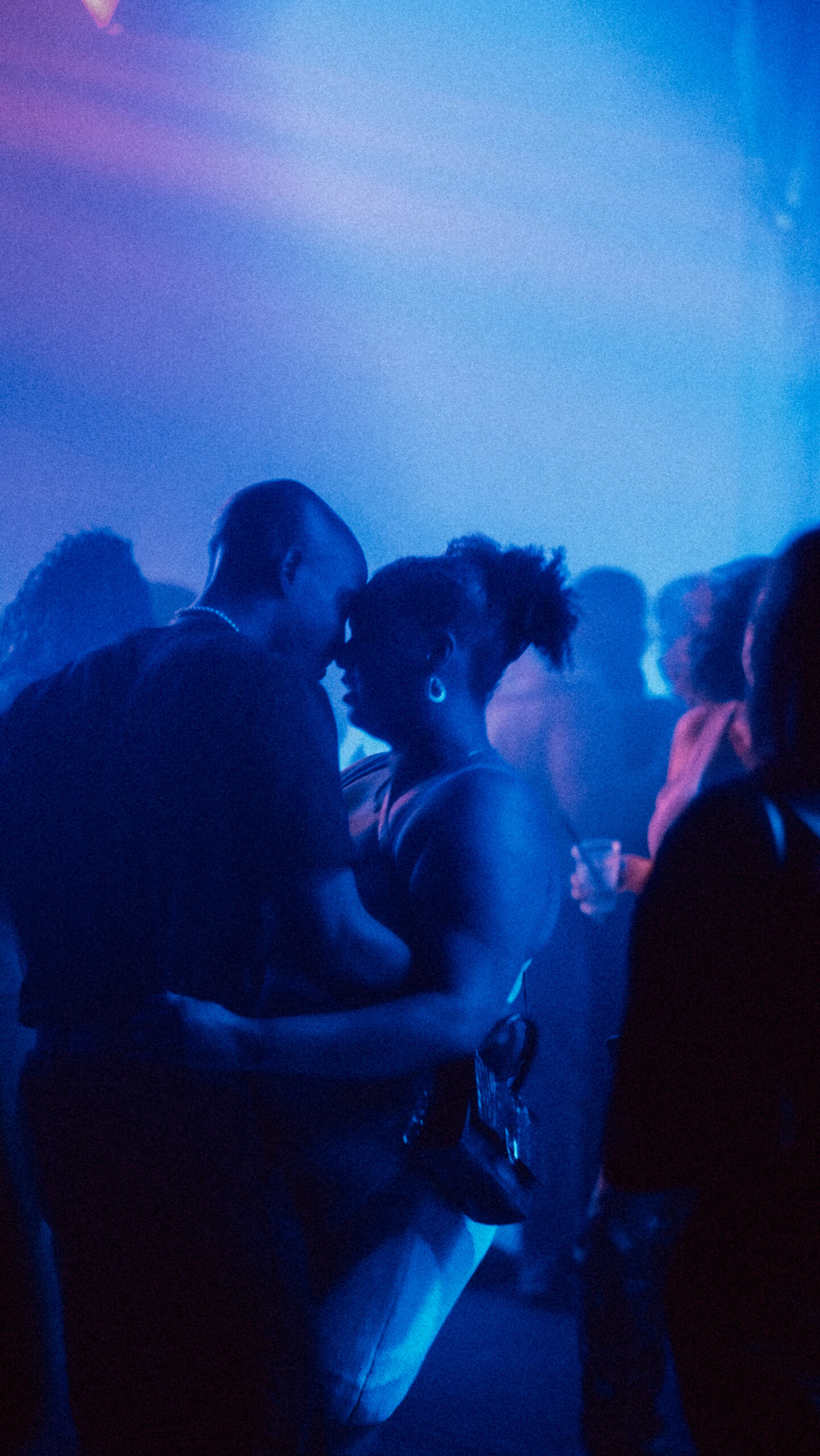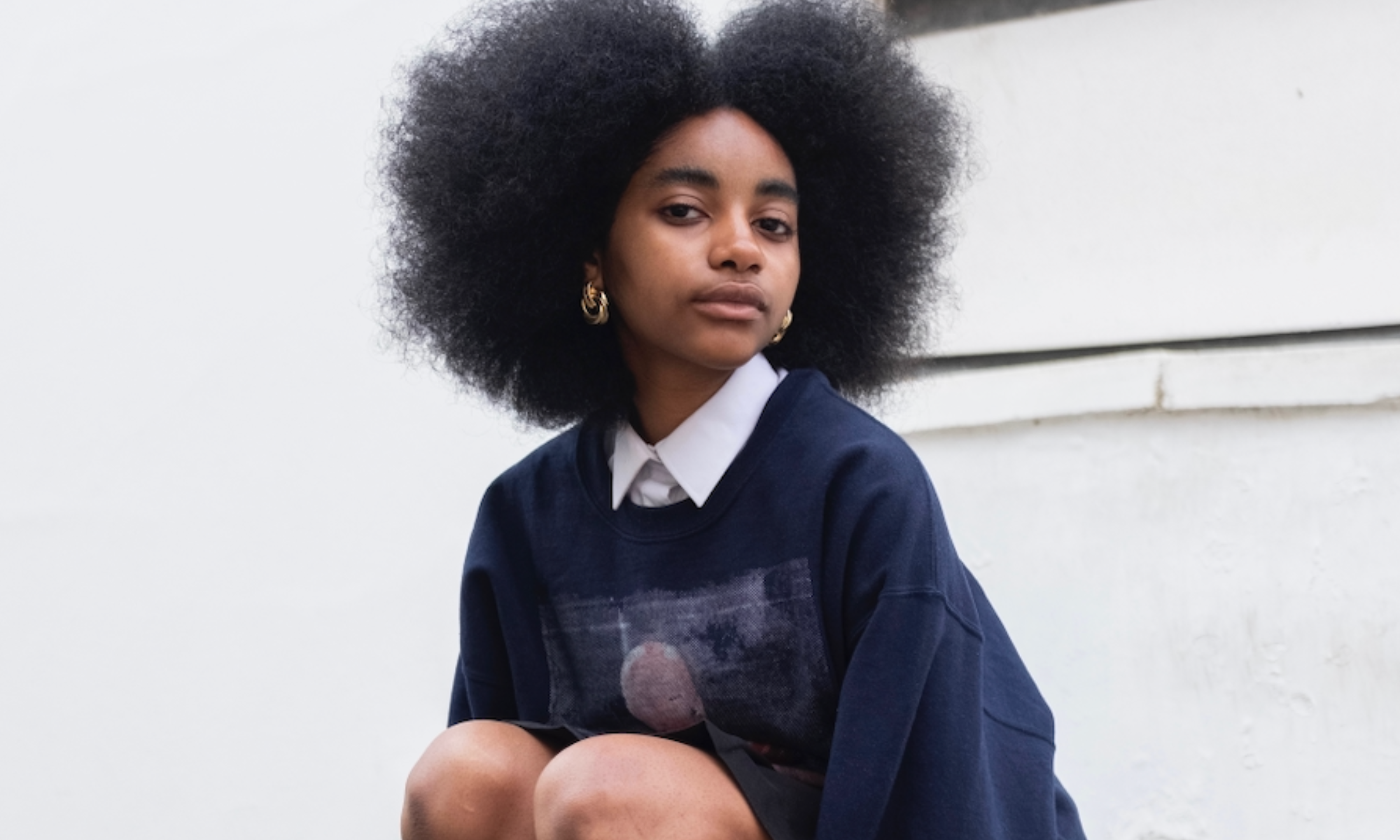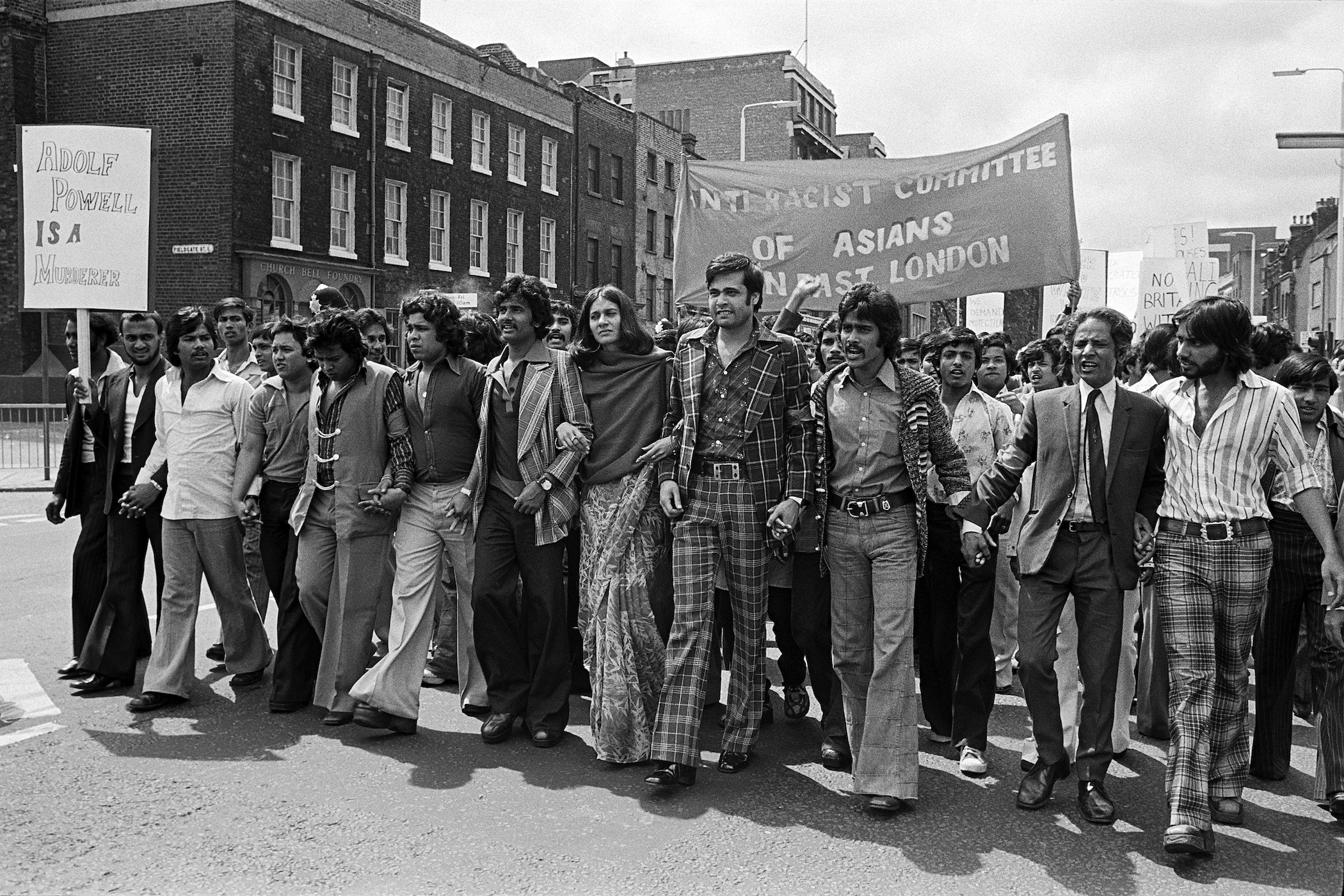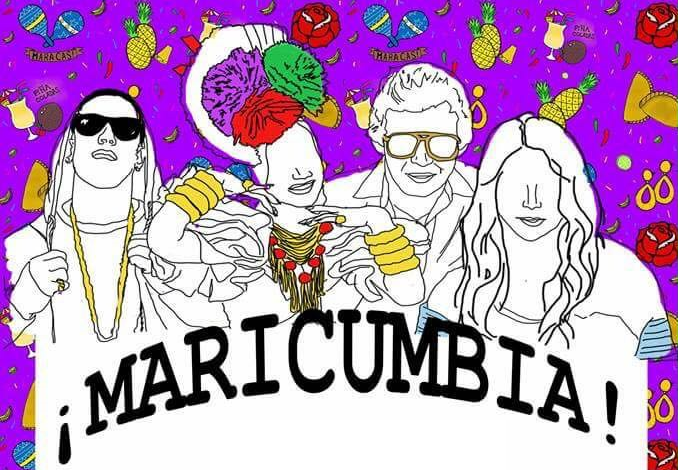
Although us Latinxs are a diverse bunch (reminder: a whole continent, islands and more), one of the things most of us share is the memories of our fiestas. Those special days when you gather with your cousins (your first, second, or your third) to dance salsita and hear myths and gossip from your aunties, or come together with your neighbours on the weekend. For us Latin Americans in the UK it can be difficult to find spaces to get together, facing the sad truth that due to a huge lack of recognition and representation, our communities are consistently under the threat of social cleansing. This is perhaps most apparent in London, where although we are a large ethnic group, Seven Sisters Indoor Market and Elephant & Castle, two of the biggest hubs in the capital for Latin Americans, are currently facing eviction and displacement. However, despite how many barriers are put against us, an overwhelming number of Latin American Londoners are ensuring that there are spaces for us and by us. When I first heard about Maricumbia, I was extra happy to hear about a space run by and for queer Latinxs.
Set-up by Daniel ‘Tuma’ Diaz and Carlos Maurizio almost a year ago, their bi-monthly event nights continue to grow and now include an open-mic where Latinxs performers, no matter how experienced, can showcase what they’ve been working on. What then follows is some of the best old school Latin American tunes mixed in with the sounds of new genres redefined by Latinxs musicians today, a DJ set that will give you merengue one moment, then underground the next. Attending my first Maricumbia I hear the night’s presenter put down two rules: Don’t assume anyones pronouns or race and do not touch someone without their consent. Maricumbia is a space created for Latinxs where our existence is confirmed, celebrated and protected. Entirely non-profit, all the earnings go to Latin American Disabled People’s project, a crucial organisation providing a wide range of help to Latinxs in London.
I was excited to meet Daniel and Carlos, fellow Latinxs whose activism makes living in London a little more bearable. We chatted over tea and oreos about accessibility, being a Latinx in London and Shakira…of course.
gal-dem: How did you come up with the name?
Daniel: Well “marica” means “fag” and “cumbia” means cumbia, so I just smashed them together.
How did you both meet?
Carlos: I’d been told about Danny at a London Latinxs meeting and I was like “oh there’s another Colombian where is he?!” I remember the night we met we went straight from the meeting to Bar Wotever to see Travis Alabanza. We had this amazing discussion getting a bus from King’s college all the way to Vauxhall.
Daniel: We talked about wanting to meet other queer Latinxs. This is before we realised that most of the Latinxs we were meeting are queer as hell.
How did it all start?
Carlos: It all kicked off at when we did Dalston Superstore, which is where I work. They organised a charity event to raise money for the victims who were lost and who were in hospital from Orlando. I was approached by my supervisor about speaking as a member of the London Latinx and also to DJ so I figured if they are offering us the space then we can play the latinx music we know and love to honor the people we lost.
Daniel: I created a Facebook group for Queer Latinxs in the UK, because I was just obsessed with the idea of having a space to meet new people, share and throw a night that was accessible. Our official launch party went really well, and then we moved to Limewharf to have full wheelchair access.
Carlos: We started doing performances as another way to draw people in but also share the art of our other queer Latinxs. It’s nice that we have a space where people can come with their art and then just dance the rest of evening away.
You describe as dance night rather than a club night, how come?
Daniel: One, the venue closes at 11! And two, I think that queer dance parties are slightly different. We provide space for performers, and it’s a lot easier for us to engage with the people who come, and to manage the space. At the moment, promoting a dancing non-club space gives us some leverage on the kinds of people that end up coming. We are a space run by and for queer and trans Latin American folk and their friends, so safety is important..
Carlos: Yes I mean [sometimes in clubs] even approaching the door you’re immediately put on the spot where you are being questioned for who you are, or you have to prove yourself, or have to drink.
Daniel: I love clubbing, but it is so important for queer Latinxs to have as many different kinds of spaces as possible. We bring Maricumbia to other nights and fundraisers and we did Peckham Pride, so we do different stuff.
What’s your favourite song to drop at a Maricumbia night?
Carlos: It depends on the crowd, often it’s the reggaetón or bachata. I like to play a lot of Novalima and I’m starting to play more Chilean hip hop like Jonas Sanche, and Ana Tijoux.
Daniel: I have a penchant for Jerry Rivera. We both also stay loyal to the music – salsa, cumbia, Son – that our parents played in the house when we were growing up. The age range of attendees is huge, so people really like the new, more trippy underground beats as well. There’s also such a strong femme vibe at our night so old school Shakira, Selena and Celia Cruz are regular requests.
I found out about Maricumbia through Facebook and have predominantly met other latinxs online. Do you think it’s played a part in building your network?
Daniel: For queer organising, social media is essential but I think for us there are some limits. Word-of-mouth and physically meeting people has been our strength, for example we have friends in several Latin American organisations who are very supportive and who tell folks who maybe bring their partner, who someone else etc. Latin American people tend to be very loyal, so when they meet you and like you they will come and support.
Carlos: I feel the same way. I’ve taken advantage of the community news section of Bar Wotever, which is an cabaret/open-mic event run at Vauxhall tavern. They have a section where people from the queer community come up and share whatever news they have, so literally every night this month I’ve been going “come to Maricumbia!”.
Being Latinx in the UK can be isolating. What’s your experience growing up as a Latinx person in London?
Carlos: As Latinxs in this country we don’t have an identity or at least not recognised by the rest of the UK (there’s one study about us). When we are on the streets and in our daily lives, from my experience, it becomes a complete fetishisation. I’ve never seen Latin Americans on TV in this country. The only idea based on our identity that people have is based on the US stereotypes.
Daniel: There is no single story: most (like my family) came here to hustle. I was born here and grew up in a poor white single-parent household, which can be pretty alienating identity-wise as a Black Latino. I didn’t speak much about my Latino side as it featured some negative stereotypes, and my friends didn’t know that Latinos – let alone Black Latinos – live here. Racism aside, having a British passport and accent are privileges that stop me being excluded like most of the community is. English people don’t care about the exploitation, the detention and poverty. Right now we’re under attack: there´s a campaign to stop the gentrification of Elephant´s Shopping centre and another one to stop the eviction of the Latin village in Seven Sisters, but it’s so hard to engage people to donate and help because of how much we’re erased.
With the stereotypes often also comes the assumptions that we are victims of a backwards and oppressed cultures such as machismo. What do you think about these assumptions from your experience?
Daniel: There are so many problems with Latino culture, but it’s not a conversation I want to have with people who aren’t from that background, or who aren’t people of colour at the very least, because it’s so difficult to address those problems with people who aren’t going to help. Gringxs have very narrow ideas about our culture that they invented themselves. When I came out as trans, my Black Colombian family were ridiculously supportive, so I kind of want to do that respectability politic of “no you’re wrong.” But … sometimes you’re not.
Carlos: I just think take a look in the mirror, these things happen in white culture too. This country has stolen and destroyed so much and put in place the kind of machismo-ness that we all grew up with. I can say with my family it was difficult at first but they are learning which I’m so humbled and grateful, it takes a lot of emotional labour but which I’m willing to put in for people who are wanting to learn.
Daniel: I also think that queer looks so different for so many Latin American people. Some people really want to be out there and openly go to Soho, but some people don’t want to talk about it. It doesn’t necessarily mean you’re oppressed if you don’t think it’s necessary to talk to your family about your partner’s or your transition. For many queer Latinxs the most important thing is getting your housing benefit application accepted, or getting citizenship, or your family´s wellbeing. There is so much more to being a queer Latinx than being gay.
What are three tip you have for people wanting to start their own events or community space?
Daniel:
Target your audience – Queer Latinx stuff is hard to organise because intersecting ideas of community and identity are all over the shop and not everyone is out, so it’s a really slow process of spreading the word and building connections. Making a space open to everyone is an ongoing learning curve, and I recommend openly making a pledge with the Good Night Out campaign (a campaign to tackle sexual harassment.
Don’t profit off tokenism – At least have concessions that are under a fiver. I get that some people pay their bills with the entrance fee but you shouldn’t be charging people more than a fiver, otherwise for poor people it means we can´t go.
Location is important – Most people in Elephant & Castle are not going to travel all the way to Shoreditch. If you want all your aunts to come to your thing, you may want to consider trying to get a space locally. A HUGELY important factor is disabled access – you should be open about the situation and venues are legally required to do what they can to facilitate. If they don’t, pressure them, get help or boycott.
Maricumbia will be taking over the BFI bar, DJing at this year’s BFI Flare on the 23rd March.
Additional links:
HIV support for queer Latinxs: https://latinoseguro.wordpress.com/
Support for Latin Am women: http://www.lawrs.org.uk/en/about-us/, http://lawadv.org.uk/what-we-do/
Services for Latin Am community: http://www.clauk.org.uk/member-organisations/
Services for Latin Am disabled people: http://www.ladpp.org.uk/

